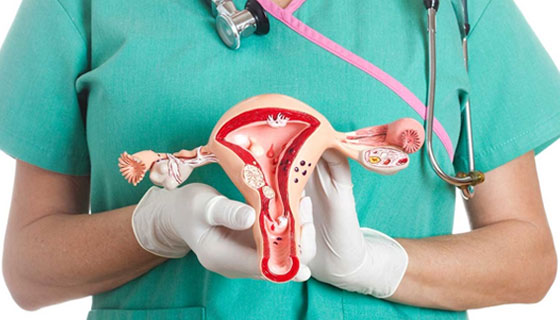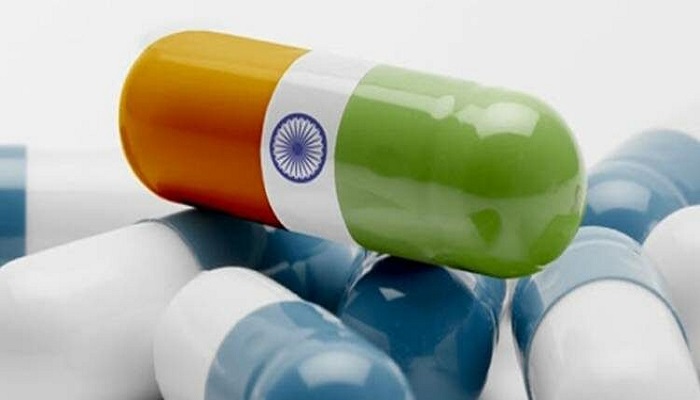In response to the COVID-19 pandemic’s disruptions to global supply chains and the heightened risks of import dependency for critical medical resources, India’s pharmaceutical and medical technology (MedTech) sector has taken significant strides towards enhancing self-reliance. Union Minister Mansukh Mandaviya recently inaugurated 40 new facilities across the country dedicated to manufacturing bulk drugs and medical devices, signalling a pivotal move towards reducing reliance on imports and strengthening domestic production capabilities.
The inauguration ceremony marked the commissioning of 27 new bulk drug facilities and 13 medical device manufacturing plants under the Production Linked Incentive (PLI) Scheme, reflecting a concerted effort by the central government to bolster India’s pharmaceutical and MedTech sectors. Mandaviya emphasized the importance of mitigating supply chain vulnerabilities and reducing dependency on imports, particularly for critical resources like bulk drugs and medical devices, which are vital for the country’s healthcare infrastructure.
The PLI scheme, a result of extensive deliberations within the government, aims to incentivize local manufacturing of essential pharmaceuticals and medical products. With a focus on cost competitiveness and enhancing India’s presence in the international market, the scheme identified 48 critical bulk drugs for domestic production. Mandaviya highlighted the significance of this initiative in safeguarding against disruptions in the supply of active pharmaceutical ingredients (APIs), which could potentially impact the production of over 1,000 formulations in the country.
India’s pharmaceutical industry, driven by initiatives like the PLI scheme, has witnessed remarkable growth, transitioning from import dependency to becoming a major exporter of pharmaceuticals and medical devices. Mandaviya underlined the transformative impact of these initiatives, attributing the success to the visionary leadership of Prime Minister Narendra Modi. The announcement of plans to inaugurate a Penicillin G production plant further underlines India’s commitment to reviving critical medication manufacturing domestically.
The PLI scheme, with an outlay of Rs 6,940 crore for bulk drug manufacturing and Rs 3,420 crore for medical device manufacturing, aims to catalyse investments and spur innovation in the pharmaceutical and MedTech sectors. Department of Pharmaceuticals Secretary Arunish Chawla highlighted the exponential growth of the pharmaceutical industry, with India’s exports of bulk drugs matching imports for the first time last year.
The inauguration of new manufacturing facilities signifies a significant milestone in India’s journey towards pharmaceutical self-reliance. With the commissioning of these plants, the country will now produce 22 bulk drugs domestically, further strengthening its position as a key player in global pharmaceutical supply chains. The PLI scheme continues to play a pivotal role in incentivizing manufacturing, fostering innovation, and positioning India as a preferred destination for pharmaceutical and MedTech investments.
In conclusion, India’s proactive measures to enhance self-reliance in pharmaceutical and MedTech manufacturing highlights the resilience and adaptability of its healthcare sector amidst unprecedented challenges. With strategic initiatives like the PLI scheme, India is poised to emerge as a global leader in pharmaceutical innovation and production, contributing significantly to healthcare resilience and sustainability on a global scale.

 India is poised to emerge as a global leader in pharmaceutical innovation and production, contributing significantly to healthcare resilience and sustainability on a global scale.
India is poised to emerge as a global leader in pharmaceutical innovation and production, contributing significantly to healthcare resilience and sustainability on a global scale.










.jpeg)













.jpeg)

.jpg)




